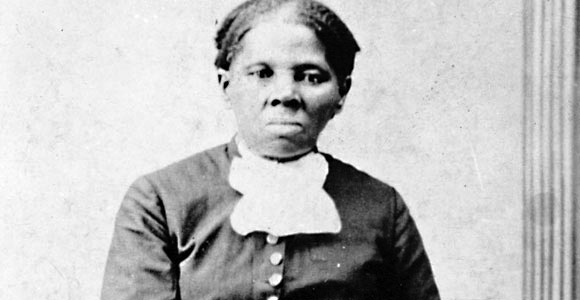Monday
Two of my money wishes came true last week. Harriet Tubman was chosen to appear on U. S. paper currency, and she will be replacing Andrew “Trail of Tears” Jackson on the $20 bill rather than Alexander Hamilton on the $10 bill.
I first became aware of the greatest figure in the history of the underground railroad when my father brought home a biography about her. He had obtained the book for the black school’s library in segregated Sewanee, Tennessee as part of a program designed to help nurture black pride. I remember visiting the school one weekend and realizing, even at ten years of age, that the “Dick, Jane, and Sally” readers I saw gave the students no children of color to relate to. Biographies of Tubman and George Washington Carver, which I also read, were designed to rectify that.
To this day I remember tiny details from Tubman’s biography, such as a description of her great strength and an account of how she had to drug slave babies to keep them from alerting pursuers.
I’m sharing two poems about Tubman. First, however, here are two Tubman pronouncements, both of which have a poetic quality:
I was the conductor of the Underground Railroad for eight years, and I can say what most conductors can’t say—I never ran my train off the track and I never lost a passenger.
And:
Dead niggers tell no tales; you go on or die!
Don’t mess with this lady.
Eloise Greenfield’s tribute slips into dialect to capture Tubman’s no nonsense approach to life:
Harriet Tubman
By Eloise Greenfield
Harriet Tubman didn’t take no stuff
Wasn’t scared of nothing neither
Didn’t come in this world to be no slave
And wasn’t going to stay one either
“Farewell!” she sang to her friends one night
She was mighty sad to leave ‘em
But she ran away that dark, hot night
Ran looking for her freedom
She ran to the woods and she ran through the woods
With the slave catchers right behind her
And she kept on going till she got to the North
Where those mean men couldn’t find her
Nineteen times she went back South
To get three hundred others
She ran for her freedom nineteen times
To save Black sisters and brothers
Harriet Tubman didn’t take no stuff
Wasn’t scared of nothing neither
Didn’t come in this world to be no slave
And didn’t stay one either
And didn’t stay one either
Lucille Clifton mentions Tubman as one of her female role models, along with Sojourner Truth (born Isabella Baumfree) and her grandmother. Tubman stands in for a steely determination to do the right thing, even if you have to be crazy to do it.
Meanwhile Soujourner Truth, abolitionist and women’s rights activist, is noted for her speech “Ain’t I a Woman Too,” which she delivered in 1851 to an Ohio Women’s Rights convention that was wrestling with race issues. Clifton’s grandmother, finally, gave her the patience and faith to carry on.
harriet
By Lucille Clifton
harriet
if i be you
let me not forget
to be the pistol
pointed
to be the madwoman
at the rivers edge
warning
be free or die
and isabell
if i be you
let me in my
sojourning
not forget
to ask my brothers
ain’t i a woman too
and
grandmother
if i be you
let me not forget
to work hard
trust the Gods
love my children and
wait.
.


